For the first time, Nepal will sell its surplus energy to India. In the first phase, 39 MW power, from 2 of Nepal’s hydropower plants developed with India’s assistance, will be permitted to trade in the Indian Energy Exchange.
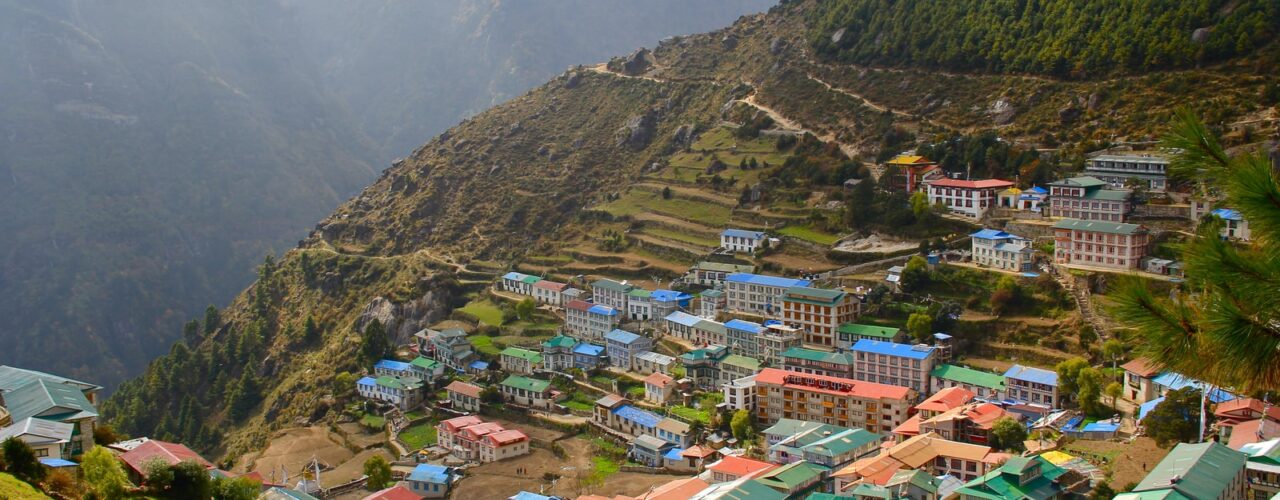
So what?
Nepal became an energy surplus country in August this year, following the full operation of the 456 MW Upper Tamakoshi Hydropower Project. The country now produces 1900 MW of hydroelectricity, even though its peak hour demand is only 1500 MW.
Beyond financial benefits, the possibility to sell electricity outside the country is a huge boost to Nepal’s hydropower ambitions, since it grants assurances to developers that electricity can still be traded even in the absence of a national demand. While dam building has always been contentious, power cuts that were commonplace in the past might have supported the need to build more hydropower. However, damming rivers to sell electricity to a foreign state might become difficult to justify in light of the social and environmental impacts of dam building.
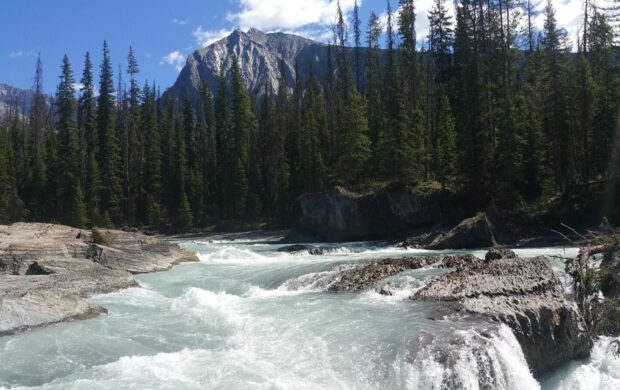
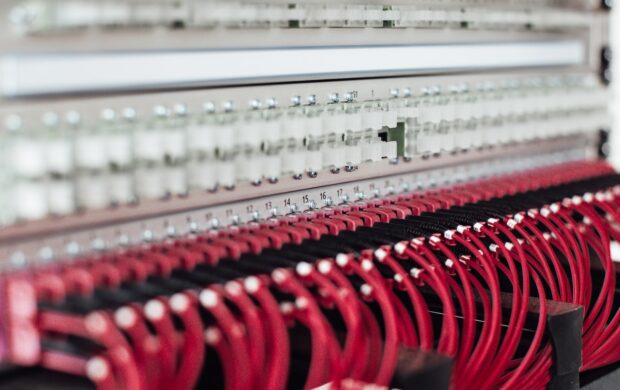

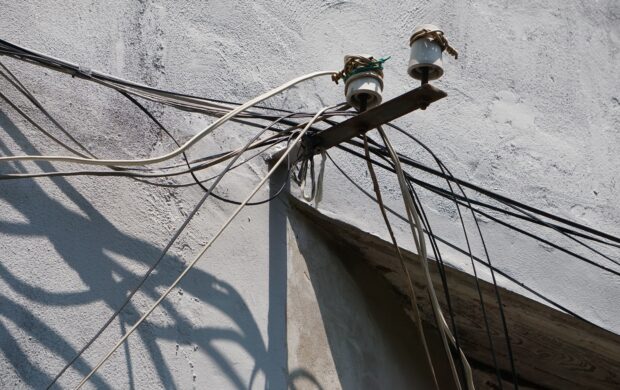





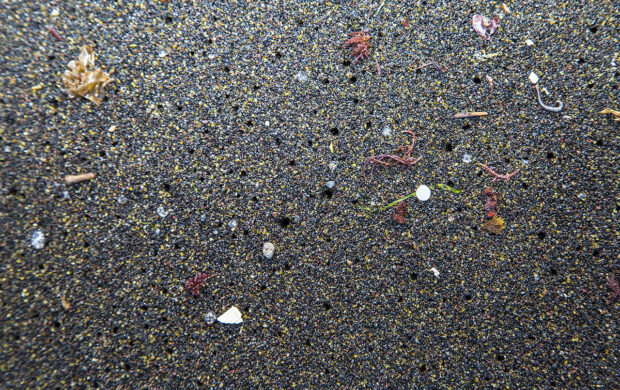
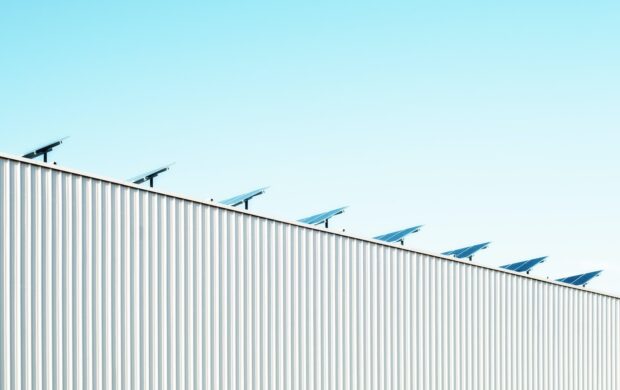


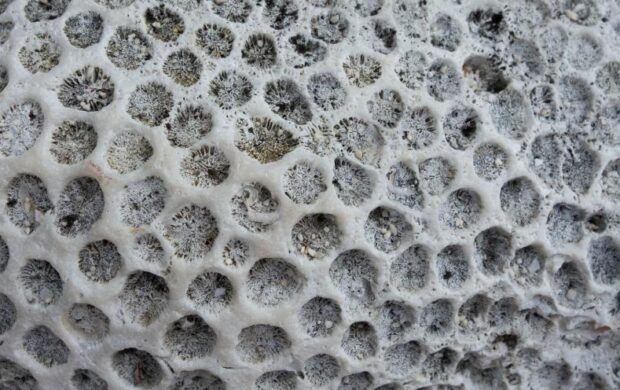

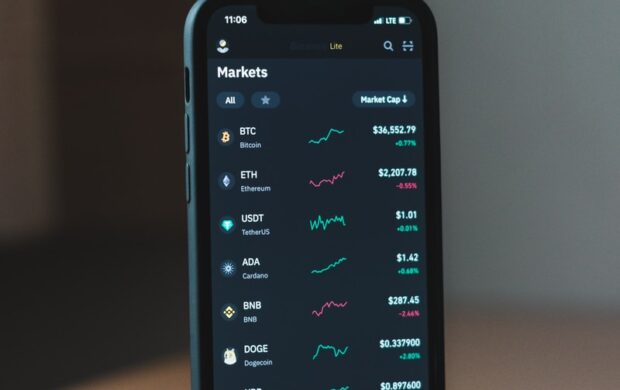
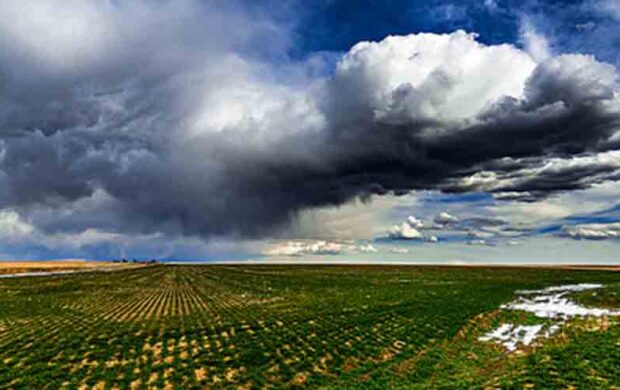
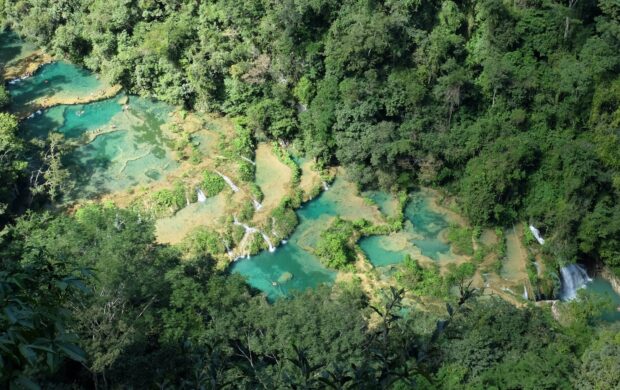

Join discussion